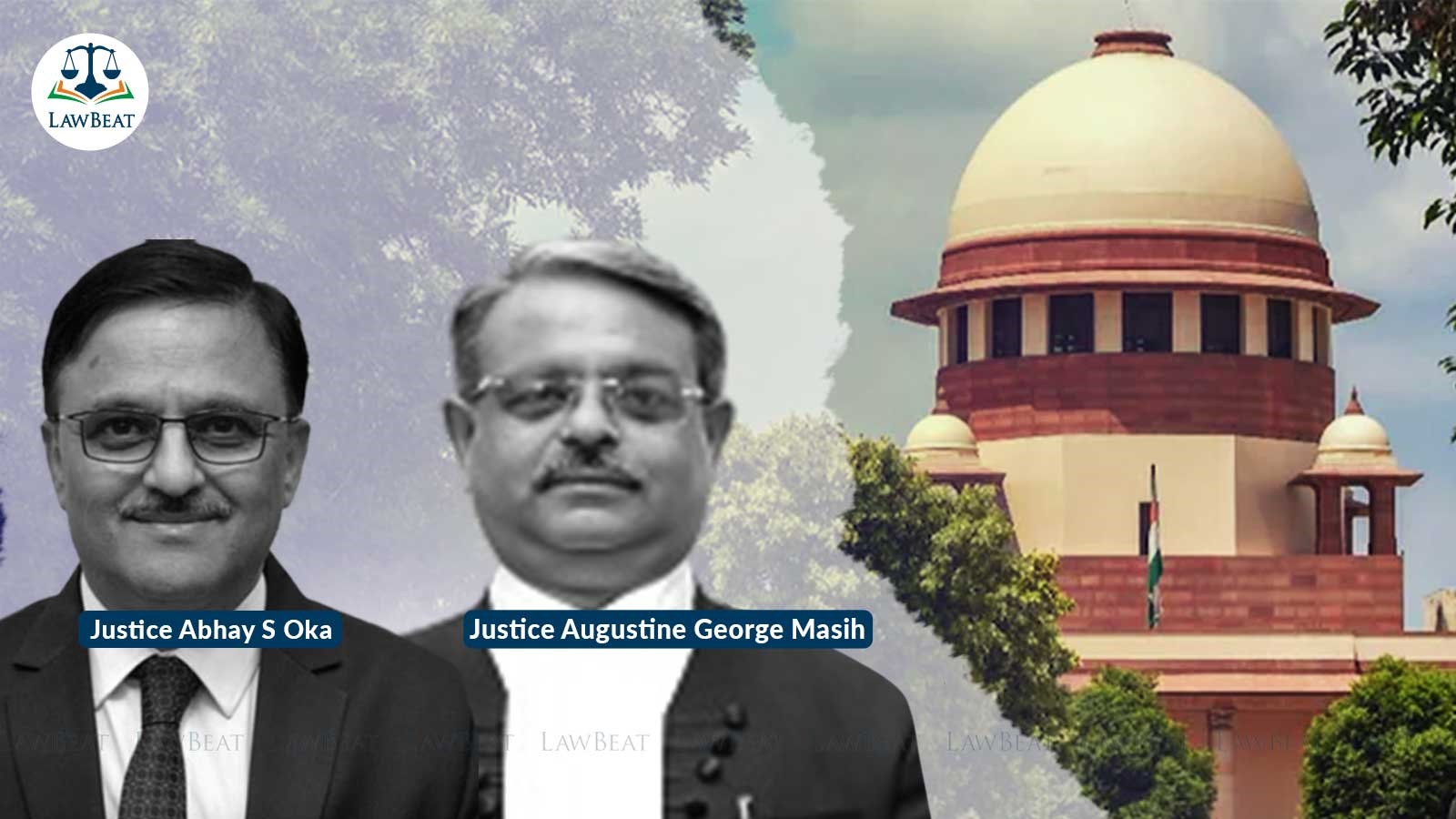Assessing Officers Cannot Consider Claims in Time-Barred Revised Tax Returns: SC

Court observed that assessing officers cannot consider claims in revised tax returns filed after the deadline under Section 139(5) of the Income Tax Act
The Supreme Court recently observed that the assessing officer has no jurisdiction to consider a claim made by the assessee in a revised return filed after the time limit prescribed by Section 139(5) of the Income Tax Act has expired.
A bench of Justices Abhay S Oka and Augustine George Masih dismissed an appeal filed by M/s Shriram Investments challenging the high court’s judgment, which had set aside the Income Tax Appellate Tribunal’s order. The high court ruled that since the revised return was time-barred, there was no provision to consider the claim made by the appellant.
The appellant-assessee had filed an original income tax return on November 19, 1989, under the Income Tax Act, 1961, for the assessment year 1989-90. On October 31, 1990, the appellant filed a revised return. Following an intimation issued under Section 143(1)(a) of the IT Act on August 27, 1991, the appellant paid the necessary tax.
Subsequently, on October 29, 1991, the appellant filed yet another revised return, which the assessing officer refused to consider.
The appellant then appealed to the Commissioner of Income Tax (Appeals). On July 21, 1993, the CIT (Appeals) dismissed the appeal, holding that the revised return filed on October 29, 1991, was barred by the limitation set by Section 139(5) of the IT Act.
Dissatisfied, the appellant approached the Income Tax Appellate Tribunal, which partly allowed the appeal and remanded the case to the assessing officer. The officer was directed to consider the assessee's claim regarding the deduction of deferred revenue expenditure.
The respondent, the Income Tax Department, then filed an appeal with the Madras High Court.
In the impugned judgment, the high court set aside the tribunal's order, reiterating that once the revised return was time-barred, there was no provision to consider the appellant's claim.
The appellant's counsel argued that the tribunal did not direct consideration of the revised return but instead instructed the assessing officer to consider the claim for deduction in accordance with the law. He further submitted that the appellant was entitled to make such a claim during the assessment proceedings, even if it was not explicitly included in the return.
In contrast, the Additional Solicitor General argued that after the revised return was barred by limitation, there was no question of considering the appellant's claim for a deduction. He maintained that the high court was correct in ruling that the assessing officer had no jurisdiction to entertain the appellant's claim.
The bench, citing precedents from Goetze (India) Ltd. Vs Commissioner of Income Tax (2006) and Principal Commissioner of Income Tax & Anr Vs Wipro Limited (2022), noted that there was no dispute that the revised return filed on October 29, 1991, was time-barred under Section 139(5) of the IT Act.
The court emphasized that Section 139(5) of the IT Act at that time allowed for a revised return to be filed either before the expiry of one year from the end of the relevant assessment year or before the completion of the assessment, whichever occurred earlier.
"Coming to the decision of the Tribunal, we find that the Tribunal has not exercised its power under Section 254 of the IT Act to consider the claim. Instead, the Tribunal directed the assessing officer to consider the appellant's claim. The assessing officer had no jurisdiction to consider the claim made by the assessee in the revised return filed after the time prescribed by Section 139(5) for filing a revised return had already expired," the bench said.
Therefore, the court found no reason to interfere with the impugned judgment of the high court and accordingly, dismissed the appeal.
Case Title: M/s Shriram Investments Vs The Commissioner of Income Tax IIIA Chennai
